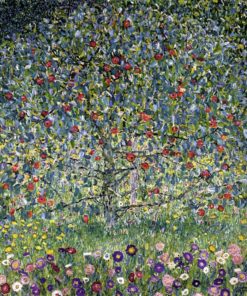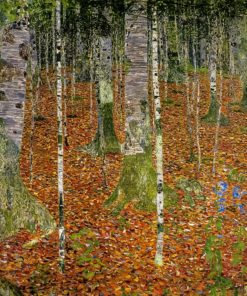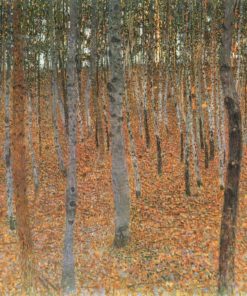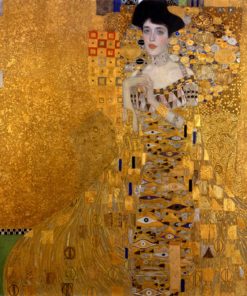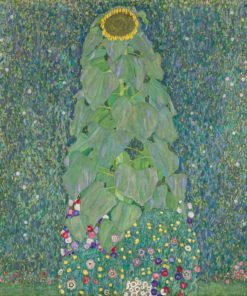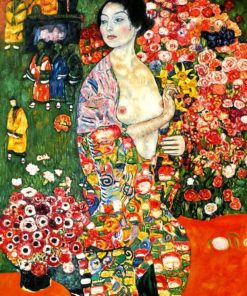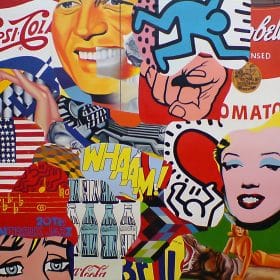Gustav Klimt Paintings
Gustav Klimt was born in July of 1862 in Baumgarten, Austria, to a family of immigrants, in addition to six brothers and sisters. Because of their delicate financial circumstance, Klimt’s parents were always searching for economical living scenarios, requiring them to travel a lot. Their position only worsened after the Vienna stock exchange crashed when he was only 11 years old. A year later, his young sibling passed away, affecting him, however primarily his older sis and mother, Anna Klimt– who was extremely artistic also.
Art Nouveau
Art Nouveau
Art Nouveau
Art Nouveau
Art Nouveau
Art Nouveau
Art Nouveau
Art Nouveau
Art Nouveau
Art Nouveau
Art Nouveau
Art Nouveau
In 1876, Klimt started going to the Vienna School of Applied Arts and Crafts, at just fourteen years of age, where he studied architectural illustration with a scholarship. His younger bro also joined the school, and both wanted to end up being drawing instructors. They collaborated later to complete lots of commissions of murals in museums, theaters, and churches. Klimt's work started to alter, opposing a lot of the Classical meaning used by academic artists, and he looked for motivation in the decorative design of the Byzantine period.
Together with painters, architects, and sculptors like Josef Hoffmann, Joseph Maria Olbrich, and Koloman Moser, Klimt formed the Union of Austrian Artists, more known as the Vienna Secession, and was the very first president of the group in 1897. The contemporary group likewise created a publication called Ver Sacrum. Throughout this period, the Kunstlerhaus was the center of art venue however preferred more conservative work over the Avant-guard art, requiring modern-day artists to find an alternative method of promoting their work. After about 8 years, Klimt and many other artists of the Secession left the group as they still had a hard time to preserve their sales and were often disagreeing with regional galleries and their association with them.
The Austrian artist was rather reclusive and invested about eight to 9 hours working in his studio, rejecting the entryway of guests. Some critics state that the way Klimt was included in pop culture can make his work appear one-dimensional. Some academics specify that it was a mistake to intellectualize Klimt's art since of his simpleness as a person.
At the age of thirty, Klimt was financially stable. He experienced the terrible loss of his dad, Ernst, in addition to his more youthful brother, leaving him responsible for his family. After many years of withdrawal from the art world, Klimt came back with a stronger desire to break the creative establishment by producing his own unique art. The painter's work became a lot more symbolic, but not utilizing the conventional iconography. His use of nudity triggered much controversy, but he still got a considerable amount of commissions from his patrons. Klimt was now working in the highly ornamental design of the Art Nouveau, with bursts of color and big locations covered in gold. Klimt mostly painted portraits of sensual women however likewise became famous for his extreme landscapes. Lots of upcoming artists were sponsored by him, like Egon Schiele.
Gustav Klimt passed away on February 6, 1918, after the Spanish flu caused pneumonia and as well as suffering from a stroke.

 Deutsch
Deutsch



